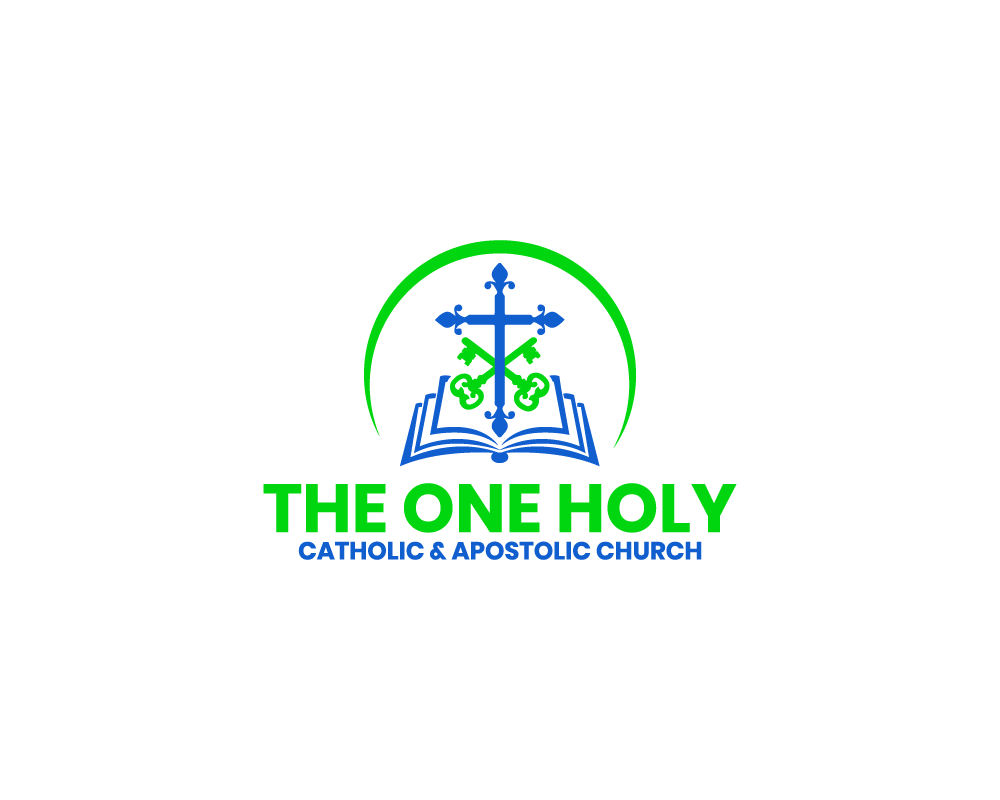Exploring the Spiritual Significance of Fasting in the Eastern Orthodox Church Through the Lens of the Philokalia
Fasting is often associated with physical benefits such as weight loss and detoxification, but in the Eastern Orthodox Church, it is seen as a central practice for spiritual growth and transformation.
The Philokalia, a collection of spiritual texts written by Eastern Orthodox Christian monks, offers profound insights into the spiritual significance of fasting. In this blog, we will explore what the Philokalia teaches us about the practice of fasting, and how it can help us draw closer to God.
The Philokalia emphasizes that fasting is not just about abstaining from food but is also a way of disciplining the body and the passions. One of the most powerful quotes on the subject comes from St. Isaac the Syrian, who writes, “Fasting is a medicine. But medicine, as beneficial as it is, becomes useless because of the inexperience of the user. Similarly, fasting is a good safeguard if it is done with discernment; but without discernment, it becomes a snare, a net in which the soul is caught.”
According to the Philokalia, fasting involves not only abstaining from certain foods but also limiting the amount of food consumed. The purpose is to cultivate self-control and detachment from material pleasures. As St. John Chrysostom writes, “By fasting, the body learns to obey the soul, and the soul, in turn, becomes a better servant of God.”
Furthermore, the Philokalia emphasizes that fasting should be undertaken with humility and the guidance of a spiritual father or mother. This is because fasting can be challenging and may have different effects on different people. As St. John Cassian writes, “Fasting…is of no value unless we are also humble of heart and constant in prayer.”
In addition to fasting from food, the Philokalia stresses the importance of fasting from other distractions that can hinder the spiritual life. These may include social media, television, or other forms of entertainment that take up too much time and energy. As St. Peter of Damaskos writes, “In the same way that the stomach becomes heavy with food and drink, so the soul becomes heavy with endless babble, empty talk, and laughter.”
Finally, the Philokalia teaches that fasting should be accompanied by prayer, almsgiving, and other acts of charity. This is because the goal of fasting is not to punish the body but to draw closer to God and to cultivate love for others. As St. Maximus, the Confessor writes, “The end of all our afflictions is solitude and the love of God and our neighbor.”
In conclusion, the practice of fasting is an essential part of spiritual growth and transformation in the Eastern Orthodox Church. Through the lens of the Philokalia, we can see that fasting is not just about abstaining from food but is a way of disciplining the body and the passions, cultivating self-control, and drawing closer to God.
However, it is important to approach fasting with humility, discernment, and guidance from a spiritual guide, and to remember that it should be accompanied by prayer, almsgiving, and other acts of charity. By embracing the spiritual significance of fasting, we can deepen our relationship with God and cultivate a deeper sense of love and compassion for those around us.



